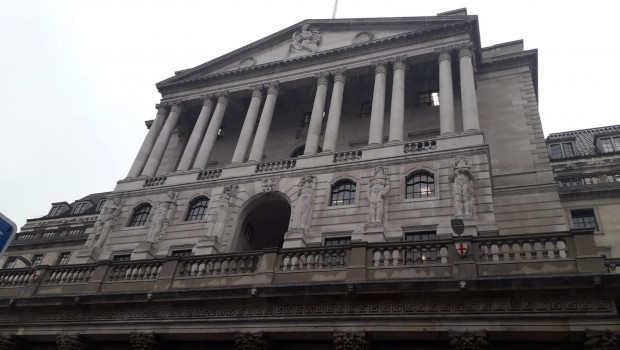Fed not 'behind the curve', BoE's Mann says

The Federal Reserve is better placed to respond to inflationary pressures than was the case in the 1970s, the Monetary Policy Committee's new external member argued.
According to Bloomberg, in remarks made at an online event hosted by the Australian National University, Catherine Mann argued that the Fed was not 'behind the curve' and that rate-setters in the US had the tools needed to address inflation concerns as they developed.
She reportedly went on to explain that wages were now less often linked to wages than was the case in the 1970s.
Furthermore, back then, exchange rates and oil prices underwent a "period of rapid change", the relationship between wages and unemployment was much closer and companies enjoyed greater pricing power.
Mann was speaking amid the growing debate regarding how quickly, or not, the US central bank needed to start dialing back on its asset purchases, even as the Delta variant of Covid-19 rolled across the country.
Just the day before, economic historian, Niall Ferguson, had told the Ambrosetti Forum that the Fed might be running the risk of inflation expectations becoming unhinged, as occurred in the late 1960s.
That, Ferguson said, had laid the groundwork for high inflation in the 1970s.
Indeed, he believed it was too soon to conclude that the current rise was transitory.
Nonetheless, Ferguson went on to add that, historically, "big" increases in inflation were associated with armed conflict.
"The big inflations in history have nearly always been associated with war. The thing that really would de-anchor inflation expectations would be if this cold war [...] between the United States and China escalated into a hot war, say, over Taiwan."